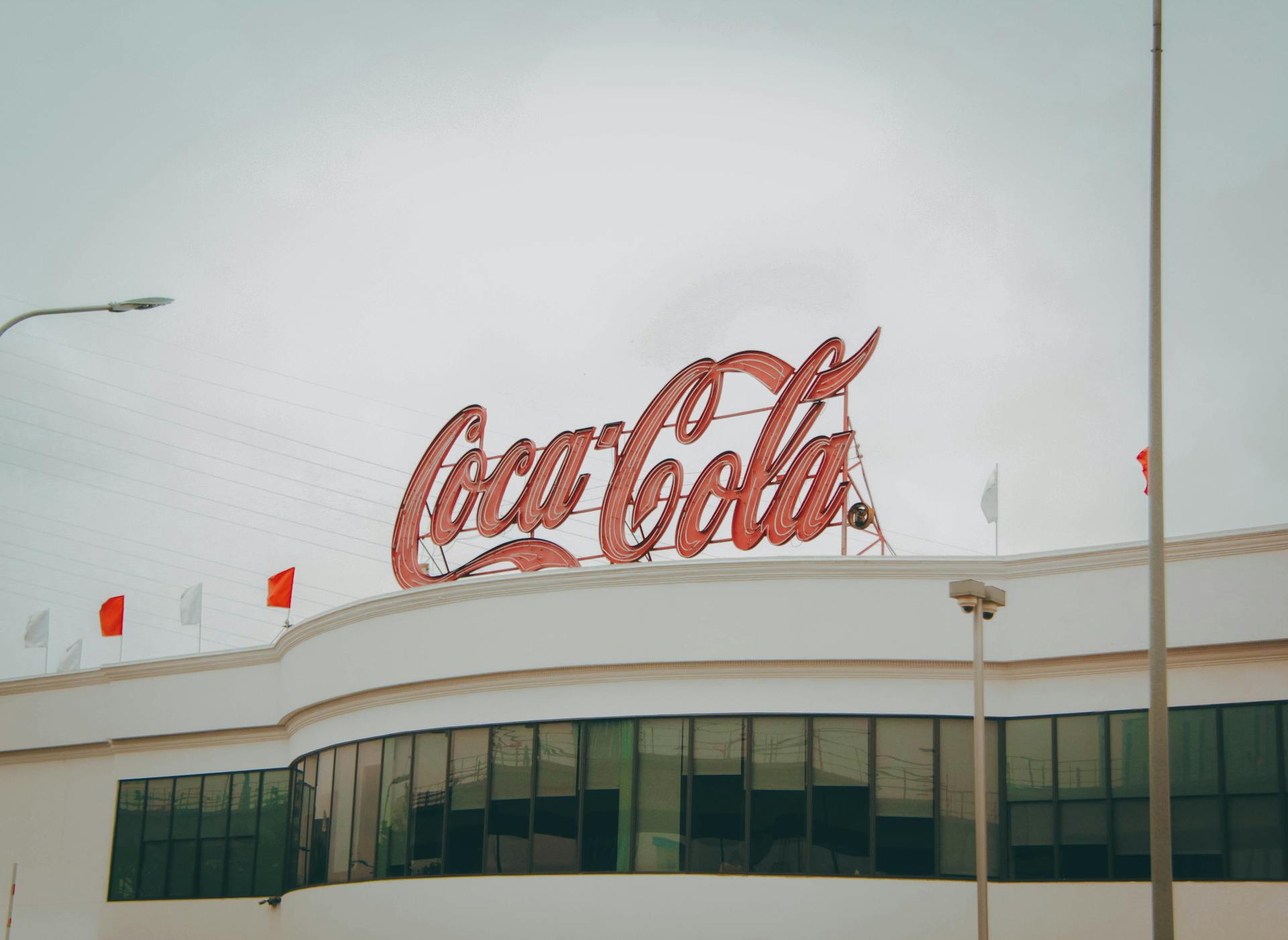
A $1,000 Investment in Coca-Cola in 1988 Would Be Worth over $36,000 Today
Coca-Cola continues to demonstrate its strength as a resilient stock, with recent earnings and long-term performance highlighting its value for investors — including Warren Buffett, who first bought shares in 1988. Berkshire Hathaway, Buffett’s investment firm, has held Coca-Cola stock for over 35 years, making it one of the company’s longest-standing positions.
The beverage giant’s ability to perform steadily, even during market downturns, has made it a staple in conservative, long-term investment portfolios.

A Coca-Cola phone case | Source: Pexels
On April 28, Coca-Cola’s stock closed at $71.79, marking a 16.3% year-over-year gain — nearly double the S&P 500’s increase of 8.4% over the same period. The company’s first-quarter earnings, reported Tuesday, surpassed expectations with $11.22 billion in revenue and earnings per share of $0.73, slightly above analyst estimates.
Driven by overseas demand and new product releases, Coca-Cola’s consistent growth highlights the appeal of consumer staples during uncertain economic periods. According to calculations based on the April 28 stock price and reinvested dividends:
- A $1,000 investment one year ago would now be worth $1,195 (+19.5%)
- Over five years, the same investment would have grown to $1,728 (+72.8%)
- Over 10 years: $2,163 (+116.3%)
- Since Buffett’s 1988 entry: $36,487 (+3,534.2%)

A stock chart | Source: Pexels
Despite its strong historical performance, experts caution that no stock is immune to risk. Diversifying through instruments like low-cost index funds is often recommended to reduce exposure to individual company performance.
Coca-Cola’s longevity as a market outperformer underscores the power of patience and reinvested dividends — but it also serves as a reminder that past success does not guarantee future returns.
